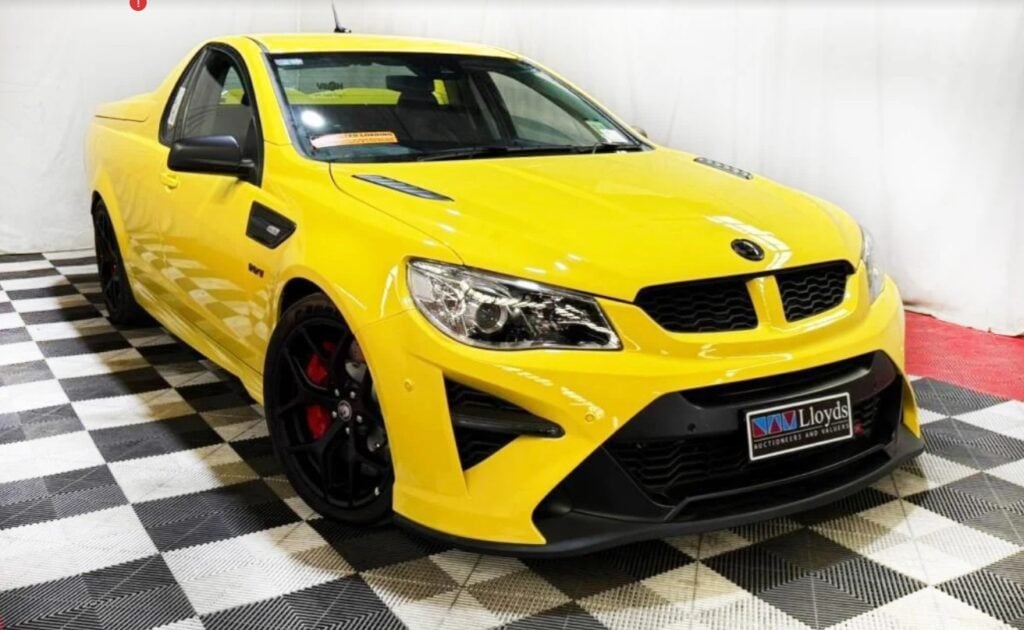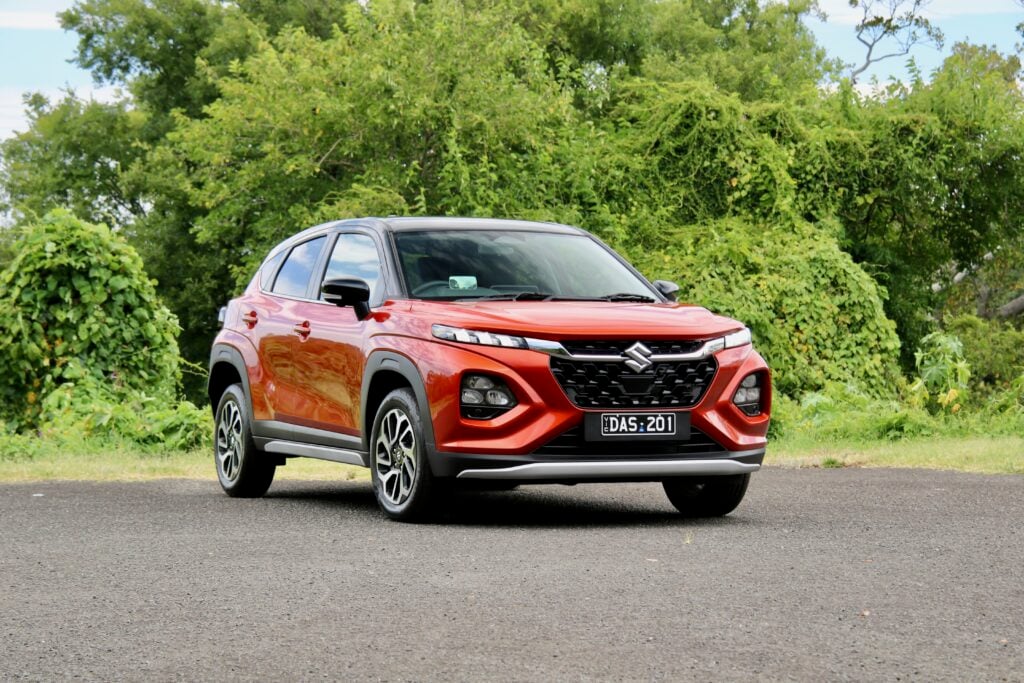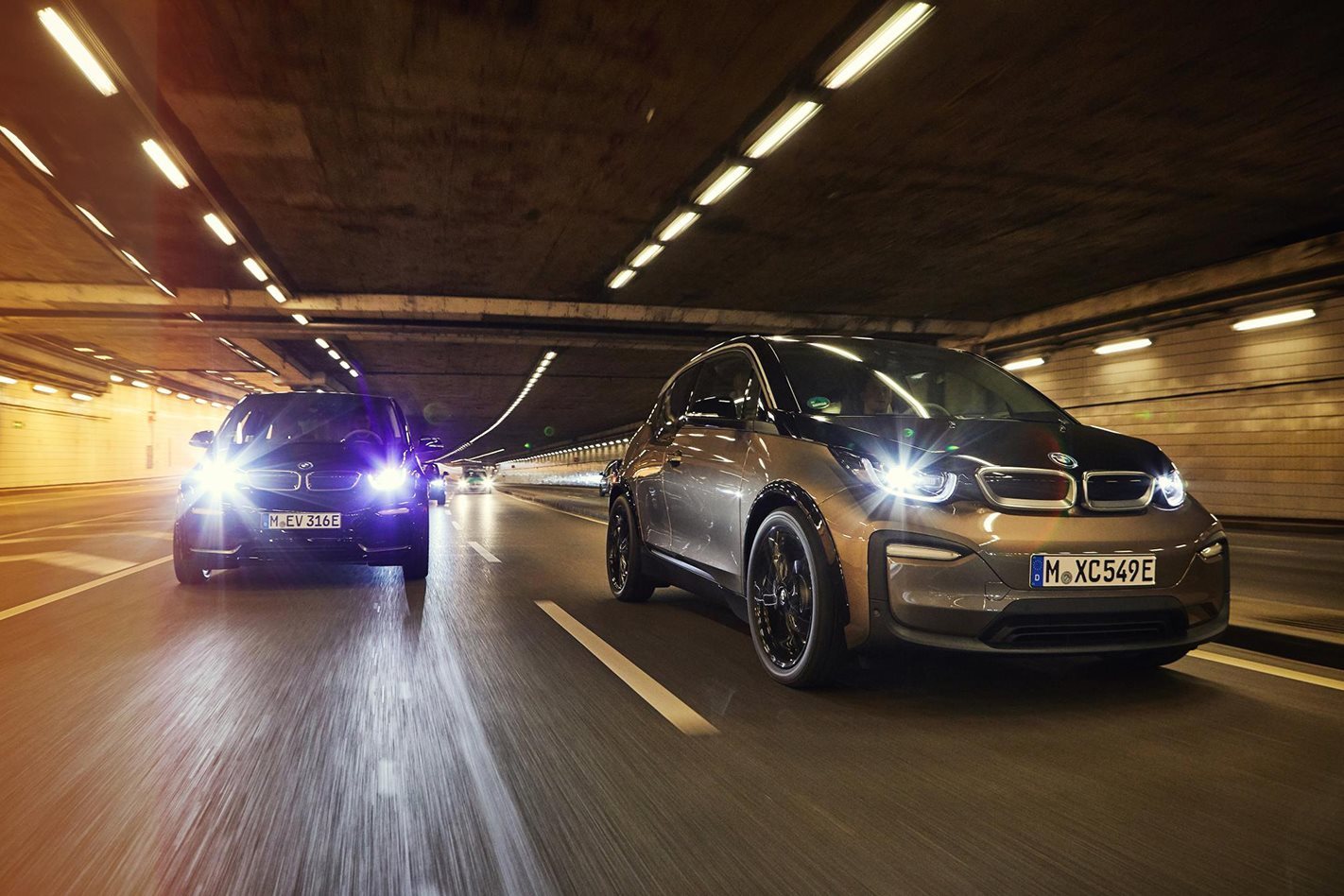
BMW has responded to recent media criticism that the company has squandered an early lead in the escalating race to electrification.
The company was one of the first to introduce a battery-electric vehicle (BEV) line-up with the BMW i3 hatch and i8 sports car in 2013, but has not taken the range into the SUV or larger passenger car segments.
The recent resignation of BMW’s chief executive officer Harald Krüger after just four years has been partially blamed on his inability to push the company’s electric roll-out any faster, focusing instead on more profitable SUV spin-offs.
However, BMW’s 1 Series powertrain manager, Christian Bock, believes that while BMW may appear to have slowed the pace of electrification, all is not as it seems.
“Perhaps it’s fair, but on the other side, we were the first company to make a statement with the i3 and the i8,” he told WhichCar in Munich. “It was a very positive commitment to say that ‘yes, we are thinking about this direction’. But if you make a strong first statement and no second statement, it gives this impression to the outside.”
Bock believes that the future direction of electrification is yet to fully reveal itself and that the so-called cross-over point when BEV vehicles become cheaper than internal combustion engine (ICE) cars is not yet clear.
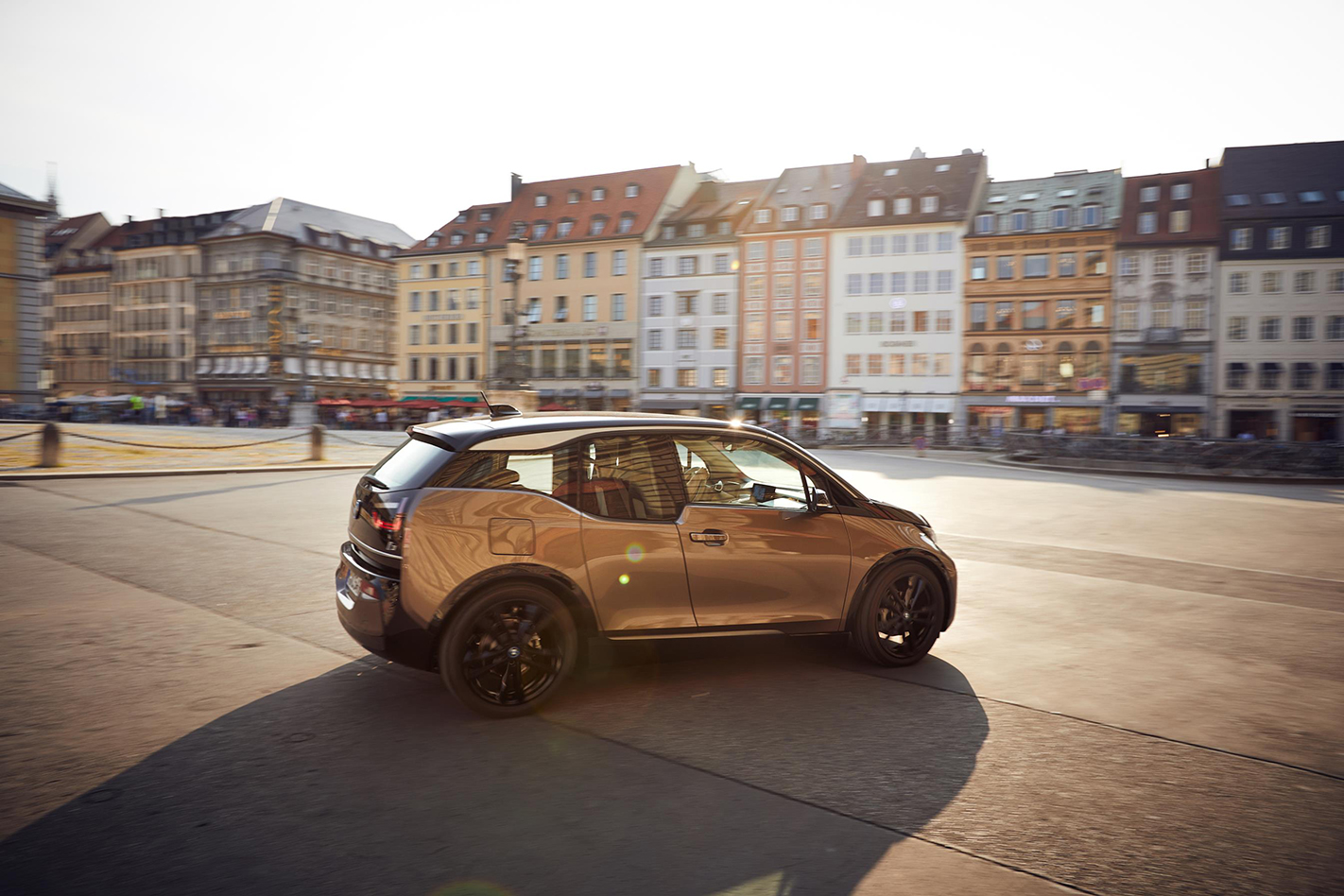
“I think it was the right decision,” he said. “To make too many fast steps, it would waste a lot of money, because the profits of BEV cars are not in comparison to ICE cars. So it’s always about balancing, investment in the future, like the i3, sending a message to the others, and to make money with the cars.
“I think that’s a good balance for BMW to have. I don’t think there is a mistake in our strategy. [Take the] first step, then look at how things are developing, looking for the crossing point, and then be ready.”
Bock believes that the step to full battery-powered cars will be preceded by a generation of plug-in hybrid vehicles that will complement BMW’s BEV plans.
“The most important thing at the moment is flexibility. It’s a key element,” Bock said. “The way for BMW to go is to ramp up BEVs and plug-in hybrids – which we see not as interim, but as long term, and for many customers, depending on the use case, the plug-in hybrid is the better concept.
“We’re not talking about electric cars with 500km range and 100kw/h batteries here, with associated costs and weights and increased C02 penalties from production. I think the discussion at the moment more and more goes in this direction – are battery cars really the answer for everything?”
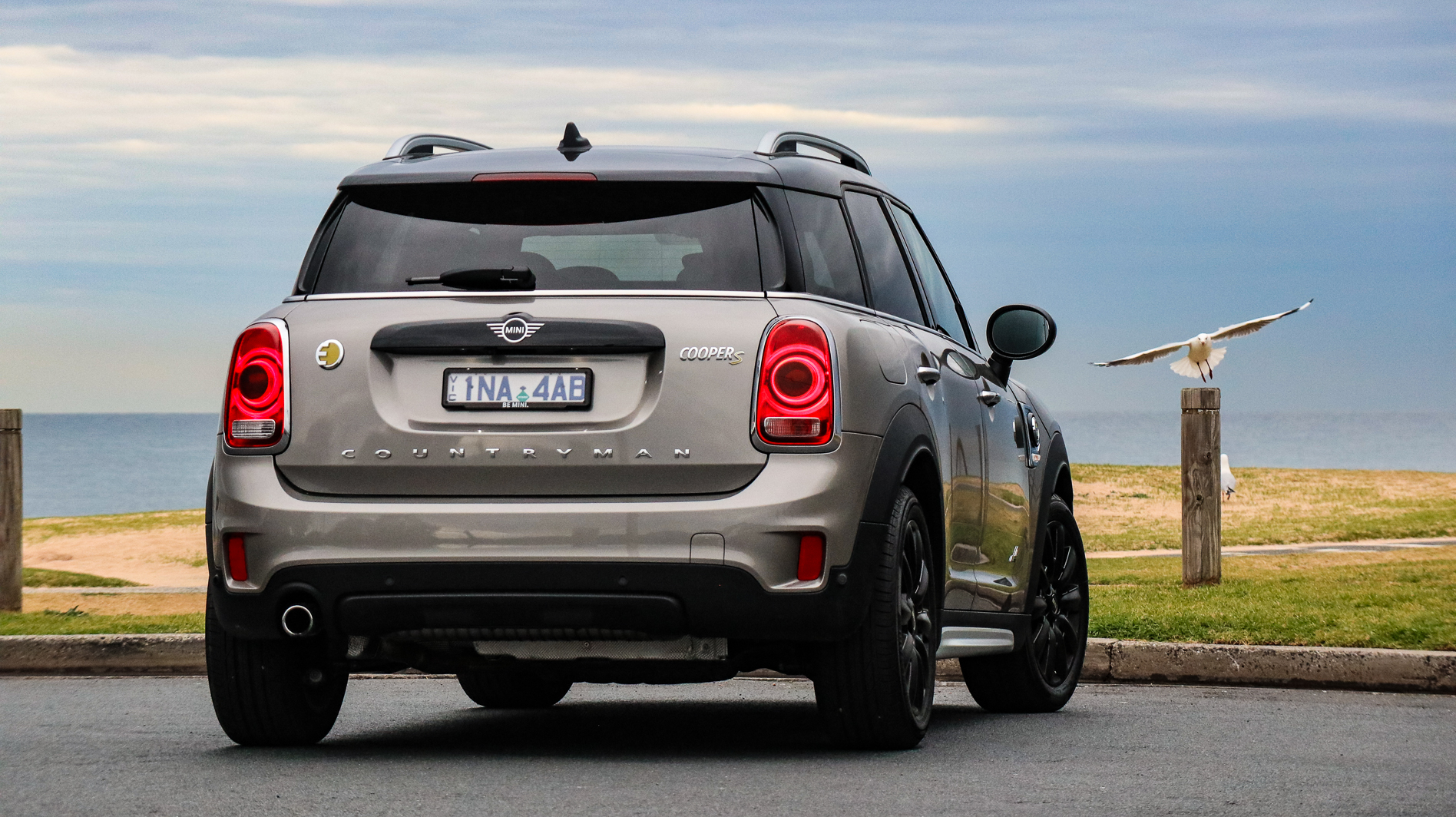
Increasing the usable range of plug-in hybrids (PHEVs) is a focus for the company, according to Bock, but he’s also aware that there is a balance to strike between building hybrids that are seen as useful and attractive, and not just as cars that are merely purchased to ‘game’ government incentives that allow owners to save tax or pay a lower entry price.
“I think 80km of electric range is about the right number,” he said. “There is also the point that in some countries like the Netherlands, where the hybrid is [subsidised], more than 50 per cent of cars are never plugged in. It is our job to make them attractive enough for the customers to use it, but not to make a car for simply cheating governments.”
The new incoming CEO of the company, meanwhile, is Oliver Zipse, who has been a vocal supporter of using BMW’s existing ICE car platforms for EVs, in a bid to hasten the company’s plans to introduce 25 models by 2025.
In Australia, BMW now sells the i3 BEV from $68,700 and the i8 PHEV from $318,900, as well as the $200,000 7 Series and the $57,200 Mini Countryman electric. The BMW 330e, a plug-in hybrid variant of the all-new 3 Series, also recently went on sale in Australia priced at $75,900, with deliveries set to commence in September.

